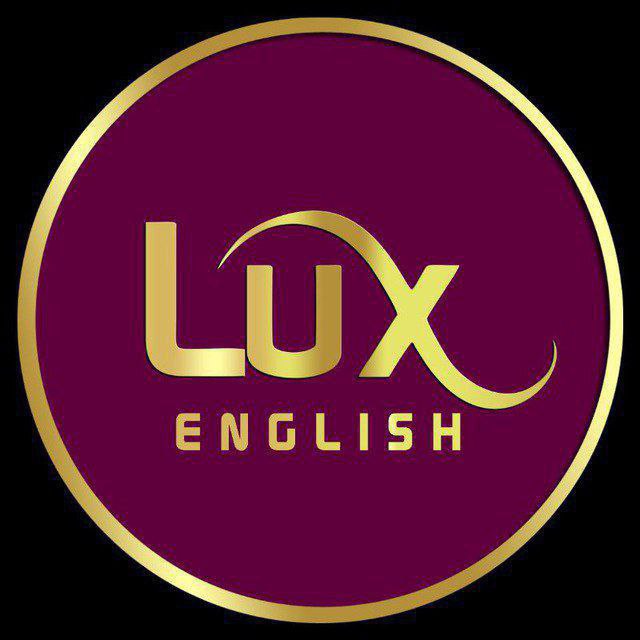
What is Medical English?
Today’s global healthcare workforce is both multinational and multilingual, where English serves as the lingua franca. Healthcare professionals, ranging from physicians and consultants to caregivers, must hone their Medical English skills to deliver the safe and effective care expected of them. Medical conversations, occurring with colleagues, patients, and their families, are diverse and pivotal. In the fast-paced, noisy, and high-risk healthcare environment, errors can lead to severe consequences.
Addressing these critical communication needs necessitates not just excellent language skills but proficiency in Medical English, which differs significantly from the English learned in traditional educational settings. It possesses its own distinct language, structure, and conventions, encompassing a wide array of slang, acronyms, and colloquialisms that may seem incomprehensible to those outside the profession. Medical English operates within highly charged interactions.
For instance, on any given day, a doctor may need to treat, reassure, explain, examine, deliver bad news, calm the upset, handle the confused, and provide comfort to friends and family. Interactions with colleagues involve accurate handovers, detailed care plans, incident explanations, near misses, and active participation in multidisciplinary team meetings.
Who is this course for?
These courses and educational materials cater to physicians and medical students with varying levels of English language proficiency, from elementary to advanced levels, who require English for work situations. Additionally, they are suitable for doctors and healthcare professionals intending to work in English-speaking countries. The courses focus on developing vocabulary, specialized terms, language proficiency, and skills necessary for reading medical texts, excelling in medical exams, and communicating effectively with patients and colleagues.
The Medicine English course accommodates junior and trainee doctors, as well as advanced physicians, providing them with the ability to communicate in English with patients and colleagues. It exposes students to English from various medical fields, refines their communication skills, and imparts background knowledge on key medical and care concepts. Recognizing the distinctive language of medicine used in academic contexts, Lux Garanti Language Institute offers medical training courses to assist students in understanding medical texts and conversations within the medical field.
The Medical English Course incorporates the latest specialized English language resources used in medical settings such as medical centers, hospitals, seminars, and research institutes. According to the CEFR standard, this course is offered annually for medical students of EU member states, ensuring the young generation of physicians can master specialized medical literature, overcome language barriers, and communicate seamlessly with colleagues from other countries.
Course objectives:
This course, based on the most up-to-date English medical resources, targets the specialized language employed in hospitals and specialized treatment centers. Tailored for physicians and medical students, the course effectively familiarizes participants with the literature used in English-speaking medical settings and international medical and educational/research centers. It equips participants to use specialized English confidently in medical centers abroad, encompassing literature used in both spoken and written medical seminars.
Course points:
Introducing specialized English medical words and terms enables participants to communicate effortlessly and effectively with colleagues and foreign counterparts. The course emphasizes the specialized literature used in interactions between physicians and patients, facilitating physicians in providing seamless treatment in medical centers abroad.
Overall, this course proves effective for physicians and medical students at all English proficiency levels, catering to workplace communication, international research, educational settings, and individuals seeking career advancement in international competitive scenarios.


